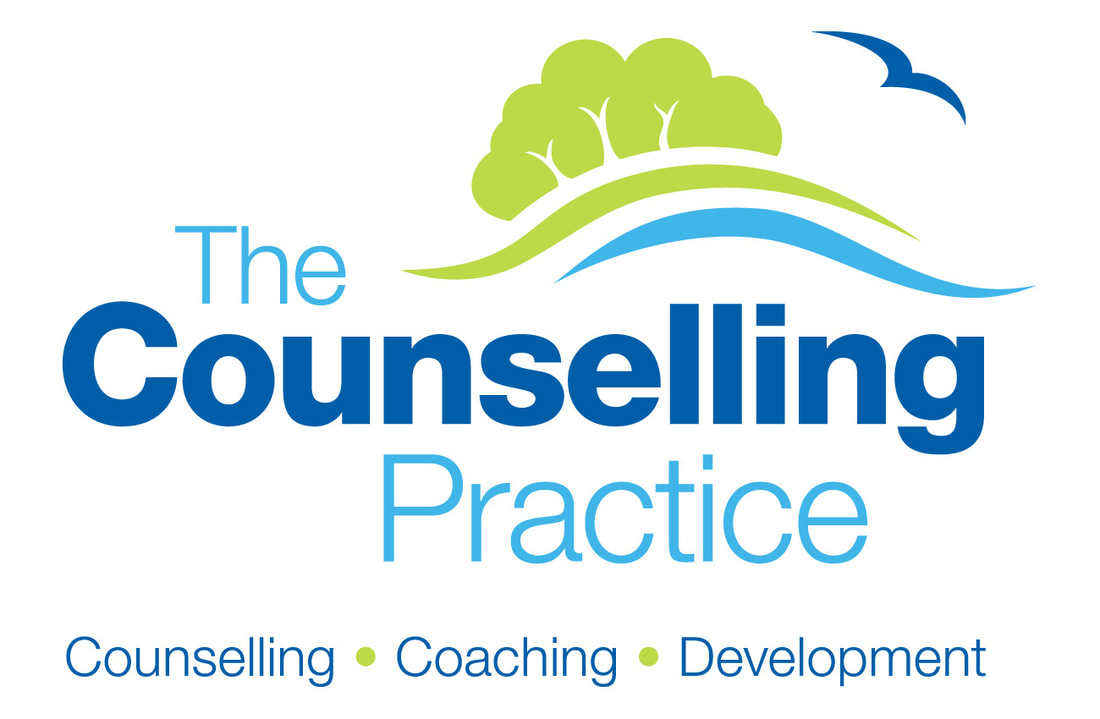What is counselling and psychotherapy?
Counselling and Psychotherapy aims to help you gain insight into facing short- or longer-term difficulties. It focuses on enabling you to find more appropriate ways of coping or bring about changes in the way you think and behave when facing these difficult situations, events or feelings.
It involves exploring feelings, beliefs, thoughts, and relevant events, sometimes from the past and personal history, in a structured way with someone trained to help do it safely and confidentially.
Depending on the nature of the work together, therapy can be short or long term. Sessions can be provided for adults, adolescents, and children on a one-to-one basis, or for couples, families and groups whose members share similar problems.
It involves exploring feelings, beliefs, thoughts, and relevant events, sometimes from the past and personal history, in a structured way with someone trained to help do it safely and confidentially.
Depending on the nature of the work together, therapy can be short or long term. Sessions can be provided for adults, adolescents, and children on a one-to-one basis, or for couples, families and groups whose members share similar problems.
What is the difference between counselling and psychotherapy?
Psychotherapy is sometimes seen as a broad term that covers a range of talking therapies, and counselling is sometimes seen as a therapy within this. However different people use the words counselling and psychotherapy in different ways, so there is no commonly agreed definition.
Psychotherapy may sometimes be used to describe more in-depth work between the therapist and client.
Psychotherapy may sometimes be used to describe more in-depth work between the therapist and client.
Can counselling and psychotherapy help me?
Counselling and Psychotherapy has helped many people deal with issues or emotional distress, from significant life events to day-to-day living with various conditions and diagnosis. You can use our ‘Who we help’ page to find out more about the areas we can help you with.
What happens in a counselling or psychotherapy session?
Every session is different because every client is different, as are their issues and goals. The therapist will encourage the client to talk and explore feelings and experiences towards understanding and change as appropriate.
Depending on their training and modality, the therapist may also suggest particular techniques as part of that exploration – for example, using art, metaphors, imaging, relaxation, dream or movement work. You can find out more about the different types of therapies on our ‘How we help’ page.
Depending on their training and modality, the therapist may also suggest particular techniques as part of that exploration – for example, using art, metaphors, imaging, relaxation, dream or movement work. You can find out more about the different types of therapies on our ‘How we help’ page.
How long does a counselling session last?
Typically, a counselling session lasts for between 50 mins to one hour, depending on the counsellor you are working with. This is normally discussed with your counsellor prior to your first session.
How much does it cost?
All our counsellors’ fees are detailed on their profile pages, with information on how they run their first or introductory meeting with you. There are charities and organisations that offer free or reduced sessions, dependent on your circumstances and we have included information on some of these in our resource centre.
How do I start the process of contacting a counsellor?
You can use the contact form on our website to email us with a little information on you and what you would like help with. We will then contact the counsellors we work with to see who can help you in terms of their expertise and availability and pass their contact details back to you. Your information is always kept confidential.
Alternatively, you can look through Our Counsellors profiles and contact them directly.
Alternatively, you can look through Our Counsellors profiles and contact them directly.
What is Coaching?
Coaches utilise effective techniques to help clients make changes and achieve goals in all aspects of life. Coaching can be applied to personal development, making career changes, developing businesses and teams, and achieving specific goals in life.
A coach will approach things pragmatically. Through questions and exercises, the coach will work with a client in a structured way to identify the most effective route to their goal. A coach might divide ultimate goals into smaller bite-sized tasks and develop tools and techniques with the client to keep them on track.
A coach will approach things pragmatically. Through questions and exercises, the coach will work with a client in a structured way to identify the most effective route to their goal. A coach might divide ultimate goals into smaller bite-sized tasks and develop tools and techniques with the client to keep them on track.
What if I am concerned about someone else?
Ultimately, it is an individual’s personal choice to seek help and a counsellor is unlikely to be able to help if you have contacted them without that person’s consent (this is different for children). If you are concerned about someone’s mental health and wondering how best to approach the subject, you can start the process by talking, listening, offering support, researching the condition or situation, and demonstrating that you are there for them.
If you think someone is in immediate danger to themselves or are putting themselves or others at serious risk of harm, you should call 999 for help.
If you think someone is in immediate danger to themselves or are putting themselves or others at serious risk of harm, you should call 999 for help.
